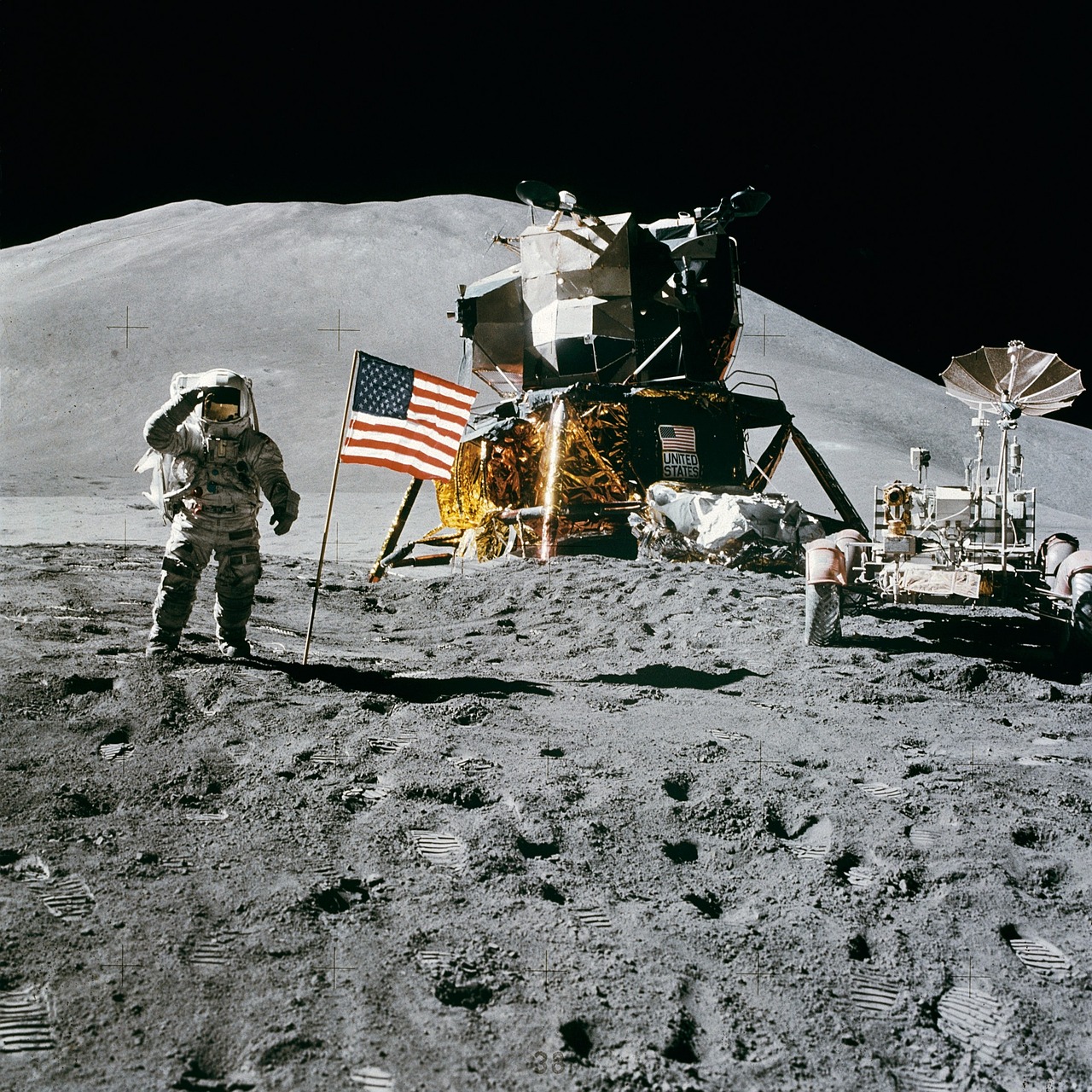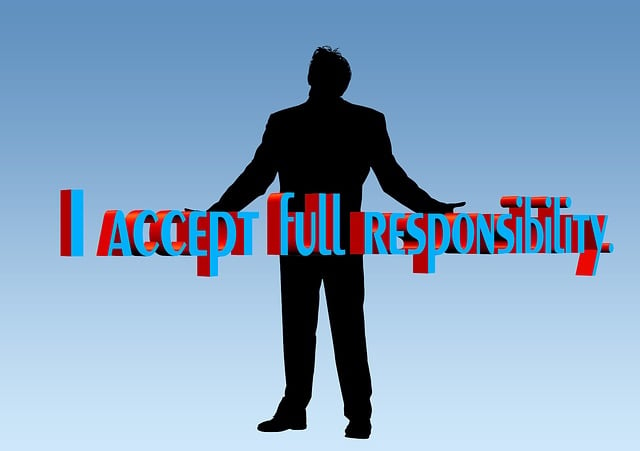Education holds a paramount relationship with the Sustainable Development Goals (SDGs) as delineated by the United Nations in 2015. It is not only recognized in its standalone form in SDG 4, which strives to “ensure inclusive and equitable quality education and promote lifelong learning opportunities for all”, but also serves as an enabler of other SDGs, highlighting its cross-cutting impact across multiple facets of development. It acts as the foundation stone of knowledge, fostering an understanding of complex socio-economic dynamics that are critical for the attainment of other goals.
Consider, for instance, how education impacts SDG 1 - No Poverty. The increased earning potential offered by quality education is a powerful tool in breaking the poverty cycle. Similarly, in relation to SDG 3 - Good Health and Well-being, education is instrumental in driving better health outcomes by fostering understanding of healthy lifestyles, disease prevention, and the benefits of timely medical intervention.
Addressing the climate crisis (SDG 13) also necessitates education, as it prepares individuals to understand the intricate relationships between human activities and their environmental impact, and to seek sustainable solutions. Moreover, achieving gender equality (SDG 5) is intrinsically tied to education, as access to quality learning opportunities for girls and women empowers them, promotes their participation in decision-making processes, and helps in overturning deeply entrenched societal biases.
Quality education also fosters innovation and infrastructure development (SDG 9), as it equips individuals with the technical and creative skills necessary to devise advanced technologies and infrastructures. Moreover, education fosters peace and justice (SDG 16) by promoting a culture of peace, non-violence, global citizenship, and appreciation of cultural diversity.
In this multifaceted role, education serves as a catalyst in the process of sustainable development. However, these interconnections necessitate that education systems themselves are made more inclusive, resilient, and sustainable. The challenges of the 21st century, such as the digital divide and the increasing need for lifelong learning, require urgent attention to ensure education continues to play its role effectively. Education is the key that unlocks the potential of all other SDGs, making its universal attainment not just a goal, but a pre-requisite for a sustainable future.
Raising Genomics Literacy, Knowledge, and Awareness, Translational and Applied Genomics, 2025, Pages 161-171
This content aligns with Goals 3, 10, and 4 by emphasizing the importance of genomics education for healthcare professionals to provide quality patient care through genomic testing; discussing the disparities in genomics education across different regions, underscoring the need to bridge these gaps and provide equitable access to genomic knowledge and resources; and highlights the need for standardizing and improving the quality of genomics education globally, which aligns with the goal of ensuring inclusive and equitable quality education.
International Day of Human Space Flight 2026: A Tribute to Exploration, Unity, and Progress
International Day of Sport for Development and Peace 2026: Sport as a Bridge for Inclusion and Unity
This study examines Professional Learning Conversations (PLCs) as a strategy within the Culturally Nourishing Schooling (CNS) reform aimed at improving outcomes for Aboriginal and Torres Strait Islander students
This study analyses predictors of school dropouts in Uganda using 2014 census data, focusing on rural areas, Kampala, and other urban regions. Logistic regression revealed that socioeconomic status, household size, composition, and child�s age are key dropout factors, with variations depending on location due to differences in geography, population, economic activity, education supply, and local government commitment.
This paper explores the well-being of students in an Indigenous University program at a historically disadvantaged South African university, framing its analysis within decolonial debates in Higher Education.
This study examines the impact of tuition-free and compulsory lower secondary education policies in seven sub-Saharan African countries, using a differences-in-differences approach.



